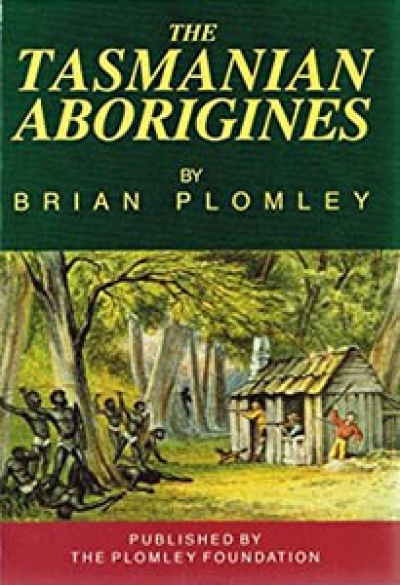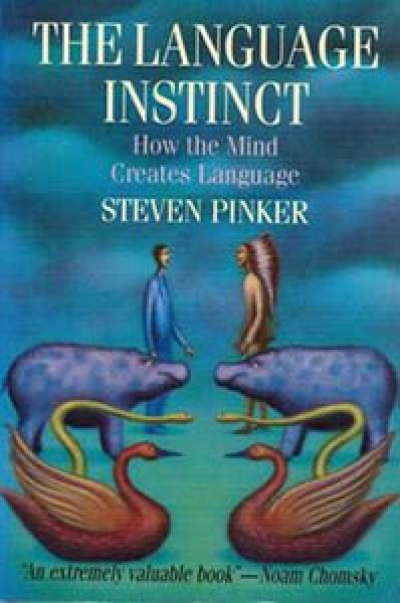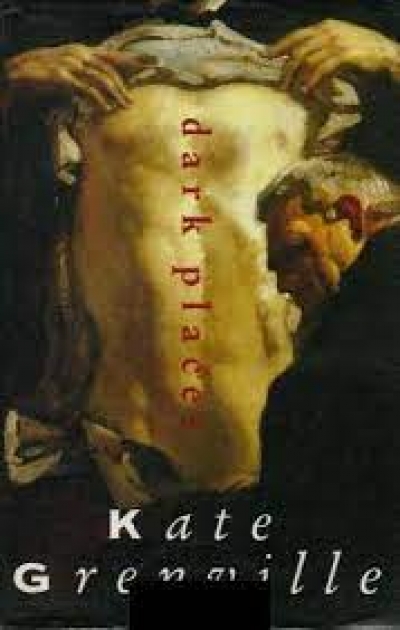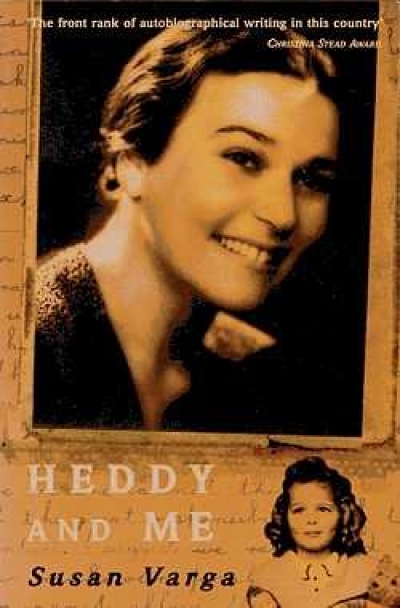Archive
The Oil Paintings of Arthur Streeton in the National Gallery of Australia by Mary Eagle
by Daniel Thomas •
The Language Instinct: How the mind creates language by Steven Pinker
by Peter Goldsworthy •
I am enmeshed in criticism. Criticism defines and speaks me. I criticise, therefore I have a job. But criticism is a tricky business. It’s partial, changes from one time/place/person to another (as Jennifer Gribble acknowledges).
I’m not an expert on Janet Frame or Christina Stead (although I’ve included books by each on courses in the past) and my awareness of Peter Goldsworthy’s oeuvre is better but patchy. Like most university lecturers (I suppose), I read more reviews than actual books, although my preference is for the reverse. But with the vision of ABR’s editor as the bejewelled ringmistress conjured up in Gina Mercer’s book, I don my cap and bells, cry ‘Nuncle!’, and off I go into the hurricane.
... (read more)Bertolt Brecht: Journals 1934–1955 edited by John Willett, translated by Hugh Rorrison
by Noel King •








